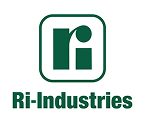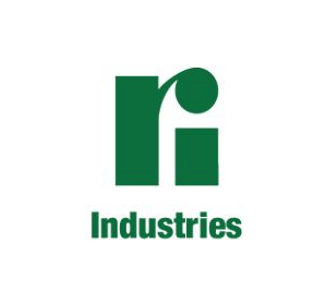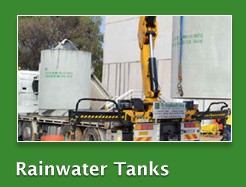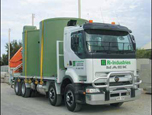Commercial buildings have a challenge that the residential home owner need not worry about. A substantial amount of waste water is produced. Therefore, we rely upon building owners to make good choices for our environment and recycle as much water as possible. For buildings in non-sewered areas, the Ri-Cycle Commercial Waste Water Treatment System is an ideal solution.
The Ri-Cycle is an aerobic system and one of the most effective methods in Australia for dealing with sewage. It offers building owners and occupants the chance to reclaim their wastewater by recycling and reusing water from their building or sites.
A sample of the types of organisations that can benefit from the Ri-Cycle are:
- Hotels and motels
- Function centres
- Caravan parks
- Factories and other industrial buildings
- Mining camps
- Schools
- Wineries
Why should your business choose the Ri-Cycle? First and foremost, it’s manufactured by Ri-Industries and we are leaders in pre-cast concrete products that enhance the environment. The Ri-Cycle has a unique design that offers many benefits, including:
- Flexible design so they can be tailored to suit your exact requirements
- The high quality bio filter medium enhances the purity of the recycled water
- All irrigation pumps are stainless steel, submersible, quiet, reliable and inexpensive to operate. And because of the high quality of effluent being passed through the system the normal manufacturer’s warranty of 12 months is extended to 3 years
- A German-manufactured side channel Air Pump offers a reliable and efficient aeration
- Three sizes of Ri-Cycle tanks offer maximum flexibility for use in many buildings and sites
- Child-proof, vandal-proof and trafficable lids give you additional peace of mind
- A manufacturers’ warranty on tank construction – longer than comparable products.
Questions? Want to learn more? Give us a call at 08 8444 8100 and we’ll be happy to help you.








